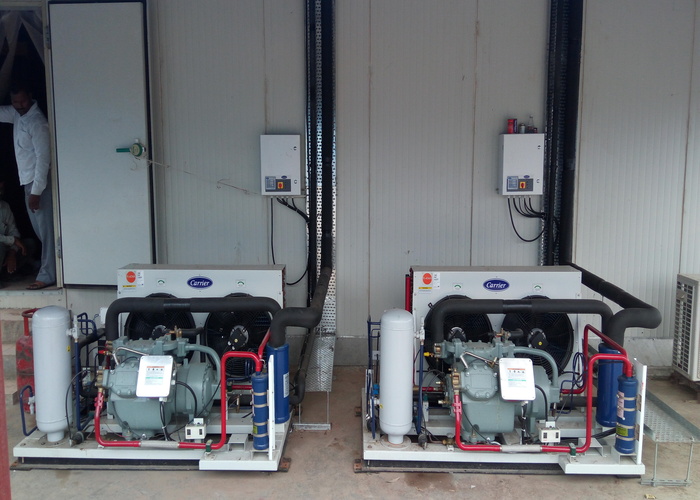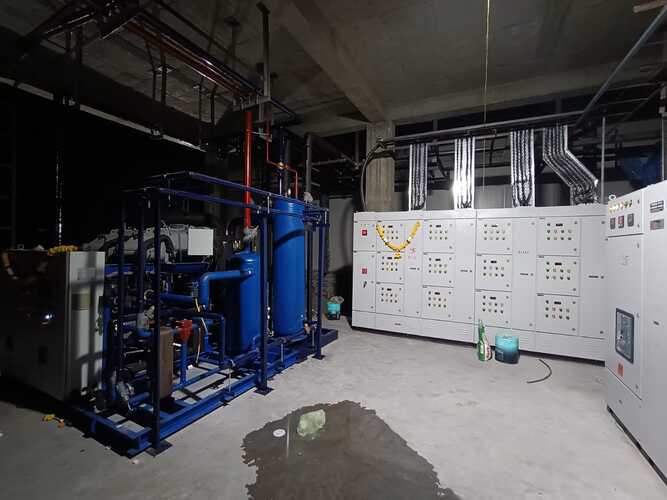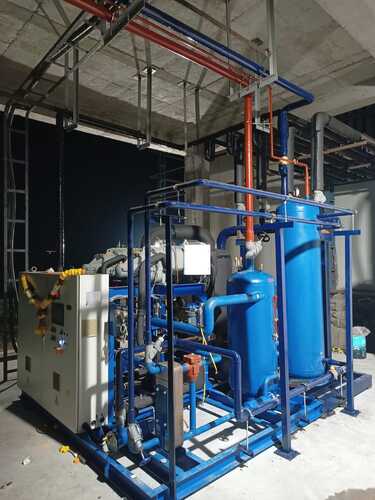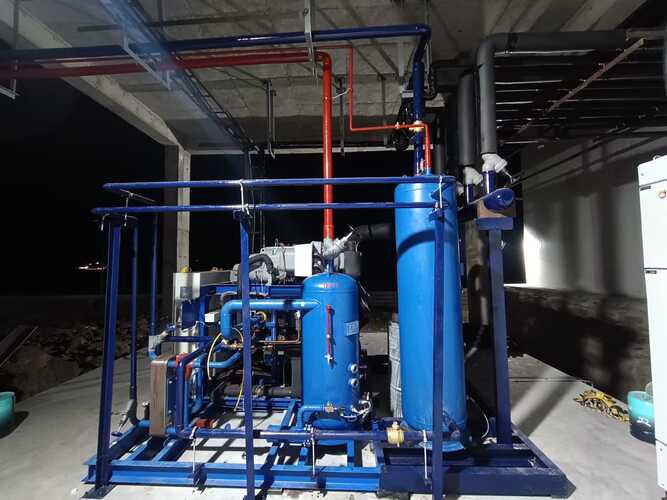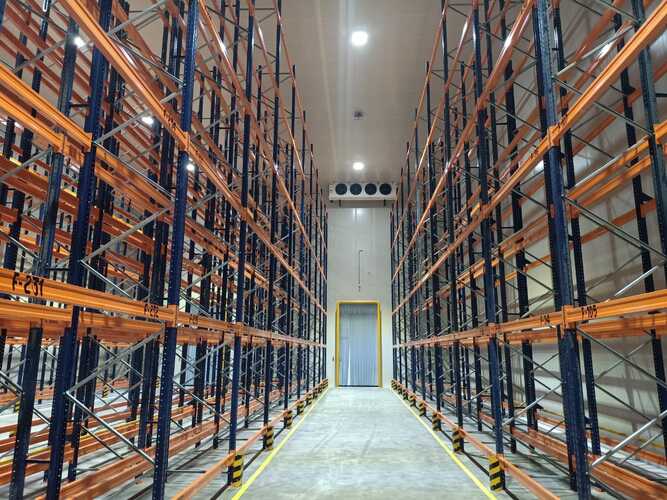Air-Conditioning & Commercial Refrigeration Solutions…
Cold Storages- Chiller/Freezer
Cold Storages- Chiller/Freezer
- Home
- Cold Storages- Chiller/Freezer
Freezer
Freezer
Freezer cold storage is a type of refrigeration system designed to keep perishable goods at freezing temperatures to preserve their quality, prevent spoilage, and extend shelf life. This storage solution is essential for items that require long-term preservation, such as meats, seafood, frozen vegetables, and prepared meals.
Key Features of Freezer Cold Storage
Temperature Control: Freezer cold storage units typically maintain temperatures below 0°F (-18°C) to ensure that stored items remain frozen. Some units can go as low as -20°F (-29°C) or lower, depending on the specific requirements.
Insulation: High-quality insulation is crucial to maintain consistent low temperatures and minimize energy consumption. Materials like polyurethane foam are commonly used for their excellent insulating properties.
Airflow and Ventilation: Proper airflow ensures even temperature distribution throughout the storage area. Ventilation systems help to prevent ice buildup and maintain air quality.
Shelving and Organization: Sturdy shelving units made of non-corrosive materials like stainless steel or heavy-duty plastic help organize products efficiently. Shelving is designed to maximize space utilization and ensure easy access to goods.
Monitoring and Control Systems: Advanced freezers are equipped with digital controls and monitoring systems that provide real-time data on temperature and humidity levels. Alarms and notifications alert operators to any deviations from set parameters, ensuring prompt corrective action.
Defrosting Mechanisms: Automatic defrost systems prevent ice buildup on coils and surfaces, ensuring the efficient operation of the freezer.
Applications of Freezer Cold Storage
Food Industry: Storage of meats, seafood, frozen vegetables, fruits, prepared meals, and ice cream.
Pharmaceuticals: Preservation of temperature-sensitive medications, vaccines, and biological samples.
Retail and Supermarkets: Freezer sections for storing frozen food products until they are sold.
Agriculture: Freezing harvested crops and produce for long-term storage.
Research Laboratories: Storage of biological specimens and research materials.
Benefits of Freezer Cold Storage
Extended Shelf Life: Significantly extends the shelf life of perishable products by keeping them at freezing temperatures.
Maintained Quality: Preserves the texture, flavor, and nutritional value of frozen goods.
Safety and Compliance: Ensures that products are stored in compliance with food safety regulations and standards.
Cost-Effective: Reduces spoilage and waste, leading to cost savings over time.
Versatility: Suitable for a wide range of products with long-term storage needs.
Considerations for Setting Up Freezer Cold Storage
Size and Capacity: Select a unit that meets your storage volume requirements, considering both current and future needs.
Location: Install in a well-ventilated area away from direct sunlight or heat sources to maintain efficiency.
Energy Efficiency: Choose energy-efficient models to reduce operational costs and environmental impact.
Maintenance: Regular maintenance and cleaning are essential to ensure optimal performance and hygiene. This includes checking for any ice buildup and ensuring the defrost system is working correctly.
Backup Systems: Consider backup power supplies to maintain freezing temperatures during power outages, ensuring the safety of stored products.
freezing temperatures during power outages, ensuring the safety of stored products.
Freezer cold storage units are essential for industries that require long-term preservation of perishable items, offering a reliable solution to maintain quality and safety while reducing waste and operational costs.
Freezer cold storage units are essential for industries that require long-term preservation of perishable items, offering a reliable solution to maintain quality and safety while reducing waste and operational costs.
